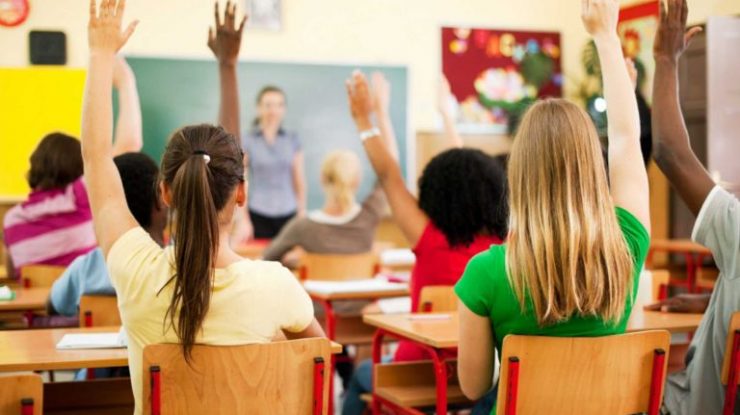The City Council Education Committee unanimously voted Tuesday to approve a handful of bills requiring deeper levels of reporting from the Department of Education on its compliance with special education services.
In February, the council members pressed representatives from the department of education on the shortages of seats for Pre-K students with disabilities, 40,000 students going without special education services and the challenges that parents and guardians go through to navigate the system.
“We learned about a broken system in need of transparency, we learned about the extraordinary steps that parents and guardians must take in order to get their children the most basic of educational services,” said chair of the City Council Education Committee Mark Treyger.
About 224,000 New York City students, or 20 percent all of the city’s students, have a disability.
Treyger introduced a bill that would require the DOE to report at the school level on the agency’s compliance with IEPs.
“We will also have a better idea if there is a pattern between failure to deliver services and certain zip codes in New York,” said Treyger. “We have seen that happen in other areas of the DOE.”
The bill is tied into a second piece of legislation introduced calling on the DOE to release a report every year on preschool special education and early intervention services.
The other pieces of legislation introduced would require the agency to increase the number of times it reports on IEP compliance rates from annually to three times a year and for the DOE to to report its response to parent requests for payment for private school tuition or tutoring if they don’t believe that their child is getting adequate special education services in public school.
Parent complaints to the DOE have increased by 51 percent between 2014 and 2018, THE CITY reported, with a large number of those complaints attributed to parents requesting reimbursement from the DOE for placing their students in the private school system.
The committee voted 13 to 0 in favor all the bills.
In 2018, only 78 percent of special education students received their recommended services, according to data from the DOE. About 19 percent were receiving partial services and 2.5 did not receive any. And as Treyger pointed out during the committee meeting, last year, only about 46 percent of special education students graduated from high school in four years.
Treyger added that he recognized that the agency has made changes, it needs to make sure it had the resources necessary to provide parents and students with that right.
“We’re committed to meeting the needs of our students with disabilities and to greater transparency, equity and accountability around these efforts,” said DOE spokesperson Danielle Filson.




































